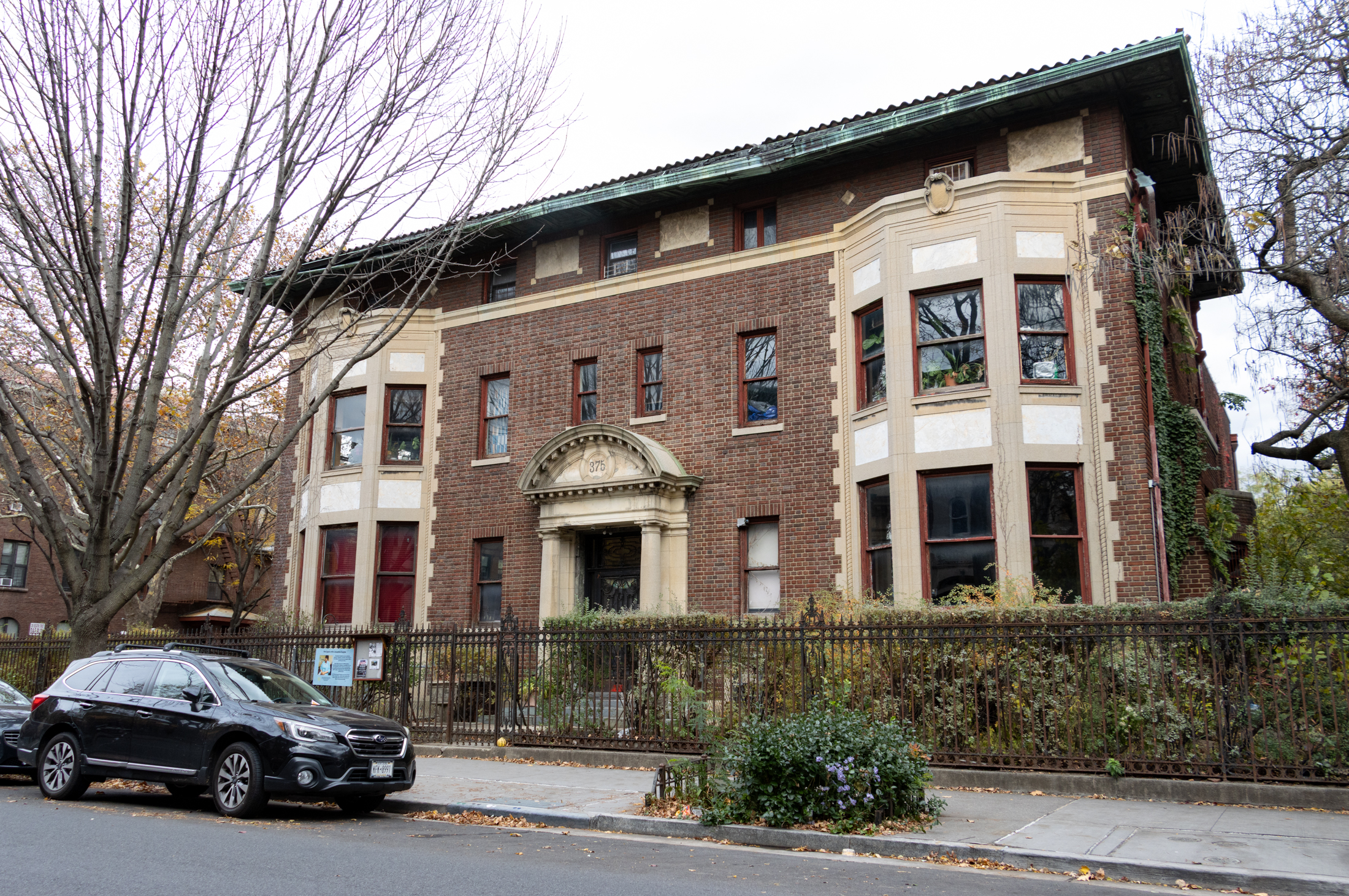The 'Judicial Don Quixote' on the Foreclosure Frontlines
This morning the Times ran a profile of Brooklyn State Supreme Court Judge Arthur M. Schack, who “fashions himself a judicial Don Quixote, tilting at the phalanxes of bankers, foreclosure facilitators, and lawyers who file motions by the bale.” Schack is known for tossing out foreclosure motions on technicalities: “Justice Schack, like a handful of…

 This morning the Times ran a profile of Brooklyn State Supreme Court Judge Arthur M. Schack, who “fashions himself a judicial Don Quixote, tilting at the phalanxes of bankers, foreclosure facilitators, and lawyers who file motions by the bale.” Schack is known for tossing out foreclosure motions on technicalities: “Justice Schack, like a handful of state and federal judges, has taken a magnifying glass to the mortgage industry. In the gilded haste of the past decade, bankers handed out millions of mortgages—with terms good, bad and exotically ugly—then repackaged those loans for sale to investors from Connecticut to Singapore. Sloppiness reigned. So many papers have been lost, signatures misplaced and documents dated inaccurately that it is often not clear which bank owns the mortgage. Justice Schack’s take is straightforward, and sends a tremor through some bank suites: If a bank cannot prove ownership, it cannot foreclose.” Schack, who is Brooklyn born and bred, began crossing swords with banks over foreclosures in 2007, when they started to spike here. “Banks had given out loans structured to fail,” he says.
This morning the Times ran a profile of Brooklyn State Supreme Court Judge Arthur M. Schack, who “fashions himself a judicial Don Quixote, tilting at the phalanxes of bankers, foreclosure facilitators, and lawyers who file motions by the bale.” Schack is known for tossing out foreclosure motions on technicalities: “Justice Schack, like a handful of state and federal judges, has taken a magnifying glass to the mortgage industry. In the gilded haste of the past decade, bankers handed out millions of mortgages—with terms good, bad and exotically ugly—then repackaged those loans for sale to investors from Connecticut to Singapore. Sloppiness reigned. So many papers have been lost, signatures misplaced and documents dated inaccurately that it is often not clear which bank owns the mortgage. Justice Schack’s take is straightforward, and sends a tremor through some bank suites: If a bank cannot prove ownership, it cannot foreclose.” Schack, who is Brooklyn born and bred, began crossing swords with banks over foreclosures in 2007, when they started to spike here. “Banks had given out loans structured to fail,” he says.
A ‘Little Judge’ Who Rejects Foreclosures, Brooklyn Style [NY Times]
Photo by steakpinball.





However, there are also cases (and one was in the NYT the other week), where the ownership chain is so screwed up that no one really knows who owns the mortgage, and servicers file for foreclosure against people that have missed a payment and who then have been able to bring the mortgage current again, but there’s no one to talk to.
Jackal et al, I could swear I’ve read a lot of abuse like this, especially down South. The judge is just not supposed to be a rubber stamp.
Also, there’s a concept called scrivener’s error. Excerpt from Wikipedia (master source) below:
There is a considerable body of case law concerning the proper treatment of a scrivener’s error.For examples, where the parties to a contract make an oral agreement that, when reduced to a writing, is mis-transcribed, the aggrieved party is entitled to reformation so that the writing corresponds to the oral agreement.
OK, cool.
ENY, I think that on some level you and I are in agreement with respect to the bank and their attys stepping up their game in contract drafting. They absolutely should be required to get their proverbial poop in a group and get the stuff done right. However, I just don’t think that the fallout of rejecting hundreds of contracts over clerical errors is something we ever really want to see/experience.
Interesting. A bunch of lawyers arguing with a bunch of non-lawyers.
I am actually in agreement with diablorojo here and in some sense Lechacal. If you took out a mortgage, be responsible enough to know what you can and cannot afford. If you stop paying, don’t count on mortgage clerical errors to keep your house. You deserve to be evicted whether anyone made and error or not. You knew the ramifications when you signed on the dotted line. No one handed you the money for free.
I don’t know what effect it will have Snappy, but I can’t imagine it would be good. But if the price of doing the opposite is that lawyers will no longer be expected to craft accurate contracts that are clear and can withstand legal review, then in my opinion, we will have to go there and take whatever happens are a consequence.
Let’s run with the idea of ‘too bad for the bank and their shoddy lawyers’ for a second. All right then. The banks lose in court with these contracts. These owners who have failed to pay their mortgage are now free from the fear that they will lose their homes or even the obligation to pay the mortgage payments in the future. Do you have any idea how many homes and contracts that would apply to? We attorneys don’t re-invent the wheel when it comes to contracts. That minor mistake or two you find in Joe Schmoe’s contract likely exists in several hundred other contracts. So, no Joe and his similarly situated co-horts are no longer paying the bank and there’s not a damned thing the bank can do about it. Millions of dollars of the bank’s money lost. Burned. Down the drain. However you wish to put it. Do you *really* think that will have no affect on you and other homebuyers in the future?
“Perversely, you are letting the party that actually did something “wrong” – i.e. the defaulting borrower – off the hook, while you penalize the lender (whose money it is after all) for a potentially meaningless clerical error.”
I’m not talking about borrowers who defaulted through their own negligence. I do not believe the judge should use inaccurately written contract to “award” a home to a defaulter. I believe that if the ban was dumb enough to write a bad contract that can’t stand the light of day, why should the judge uphold that contract? The bank is the one lending the money. In my opinion it is incumbent on the bank, in particular, to ensure the contract is accurate, legal and able to withstand legal review. In the end, we can only rely on what’s in the contract. That’s why we HAVE contracts!
I hate to agree with lechacal. The use of the language is wrong but he speaks the truth. I love to get free things, don’t get me wrong, but there is a difference between a hand lotion and a house… If we agree in no paying and not going to foreclosure, basically your agree with looting or invasion of private property…if you don’t pay for something, then is not yours to keep…Tomorrow the same people who are here talking about these issue in favor of the people who are in foreclosure to keep their houses w/out paying…will be paying the price of bank collecting their loses in other ways….after all…is their money.